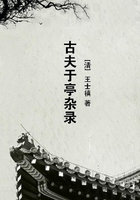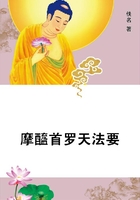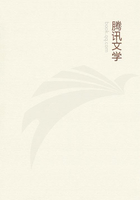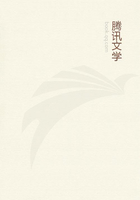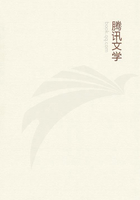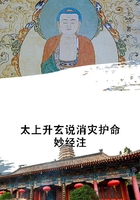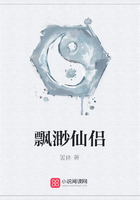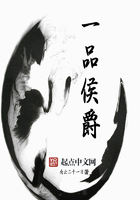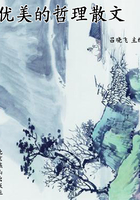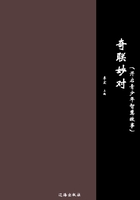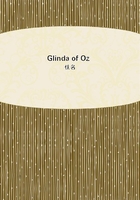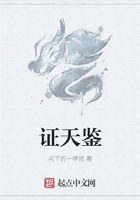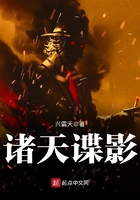In Hindostan, as in Ionia, a period of relatively high and tolerably stable civilization had succeeded long ages of semi-barbarism and struggle. Out of wealth and security had come leisure and refinement, and, close at their heels, had followed the malady of thought. To the struggle for bare existence, which never ends, though it may be alleviated and partially disguised for a fortunate few, succeeded the struggle to make existence intelligible and to bring the order of things into harmony with the moral sense of man, which also never ends, but, for the thinking few, becomes keen er with every increase of knowledge and with every step towards the realization of a worthy ideal of life.
Two thousand five hundred years ago, the value of civilization was as apparent as it is now; then, as now, it was obvious that only in the garden of an orderly polity can the finest fruits humanity is capable of bearing be produced. But it had also become evident that the blessings of culture were not unmixed. The garden was apt to turn into a hothouse. The stimulation of the senses, the pampering of the emotions, endlessly multiplied the sources of pleasure. The constant widening of the intellectual field indefinitely extended the range of that especially human faculty of looking before and after, which adds to the fleeting present those old and new worlds of the past and the future, wherein men dwell the more the higher their culture. But that very sharpening of the sense and that subtle refinement of emotion, which brought such a wealth of pleasures, were fatally attended by a proportional enlargement of the capacity for suffering; and the divine faculty of imagination, while it created new heavens and new earths, provided them with the corresponding hells of futile regret for the past and morbid anxiety for the future. Finally, the inevitable penalty of over-stimulation, exhaustion, opened the gates of civilization to its great enemy, ennui; the stale and flat weariness when man delights-not, nor woman neither; when all things are vanity and vexation; and life seems not worth living except to escape the bore of dying.
Even purely intellectual progress brings about its revenges.
Problems settled in a rough and ready way by rude men, absorbed in action, demand renewed attention and show themselves to be still unread riddles when men have time to think. The beneficent demon, doubt, whose name is Legion and who dwells amongst the tombs of old faiths, enters into mankind and thenceforth refuses to be cast out.
Sacred customs, venerable dooms of ancestral wisdom, hallowed by tradition and professing to hold good for all time, are put to the question. Cultured reflection asks for their credentials; judges them by its own standards; finally, gathers those of which it approves into ethical systems, in which the reasoning is rarely much more than a decent pretext for the adoption of foregone conclusions.
One of the oldest and most important elements in such systems is the conception of justice. Society is impossible unless those who are associated agree to observe certain rules of conduct towards one another; its stability depends on the steadiness with which they abide by that agreement; and, so far as they waver, that mutual trust which is the bond of society is weakened or destroyed. Wolves could not hunt in packs except for the real, though unexpressed, understanding that they should not attack one another during the chase. The most rudimentary polity is a pack of men living under the like tacit, or expressed, understanding; and having made the very important advance upon wolf society, that they agree to use the force of the whole body against individuals who violate it and in favour of those who observe it. This observance of a common understanding, with the consequent distribution of punishments and rewards according to accepted rules, received the name of justice, while the contrary was called injustice. Early ethics did not take much note of the animus of the violator of the rules. But civilization could not advance far, without the establishment of a capital distinction between the case of involuntary and that of wilful misdeed; between a merely wrong action and a guilty one. And, with increasing refinement of moral appreciation, the problem of desert, which arises out of this distinction, acquired more and more theoretical and practical importance. If life must be given for life, yet it was recognized that the unintentional slayer did not altogether deserve death; and, by a sort of compromise between the public and the private conception of justice, a sanctuary was provided in which he might take refuge from the avenger of blood.
The idea of justice thus underwent a gradual sublimation from punishment and reward according to acts, to punishment and reward according to desert; or, in other words, according to motive.
Righteousness, that is, action from right motive, not only became synonymous with justice, but the positive constituent of innocence and the very heart of goodness.
Now when the ancient sage, whether Indian or Greek, who had attained to this conception of goodness, looked the world, and especially human life, in the face, he found it as hard as we do to bring the course of evolution into harmony with even the elementary requirement of the ethical ideal of the just and the good.

